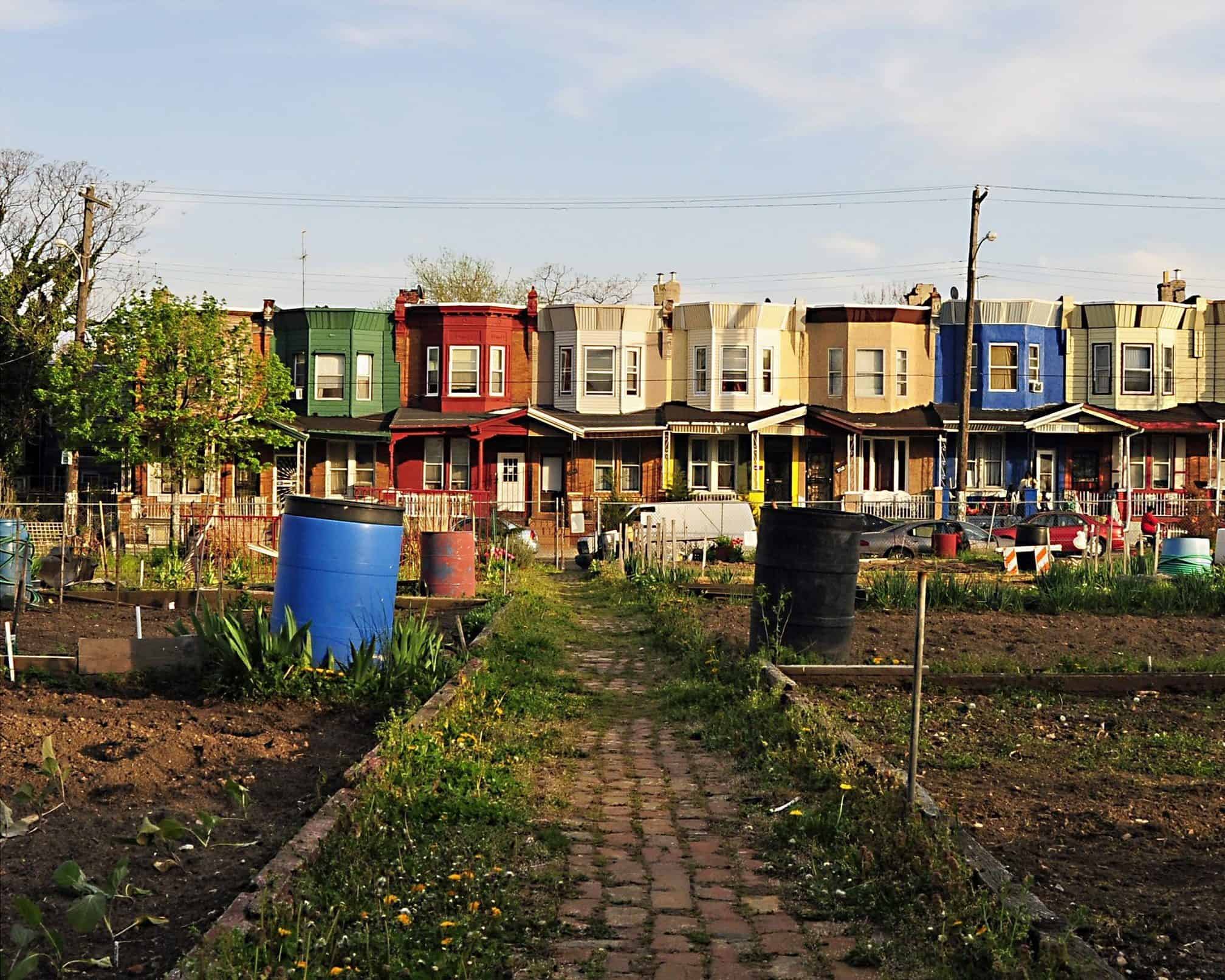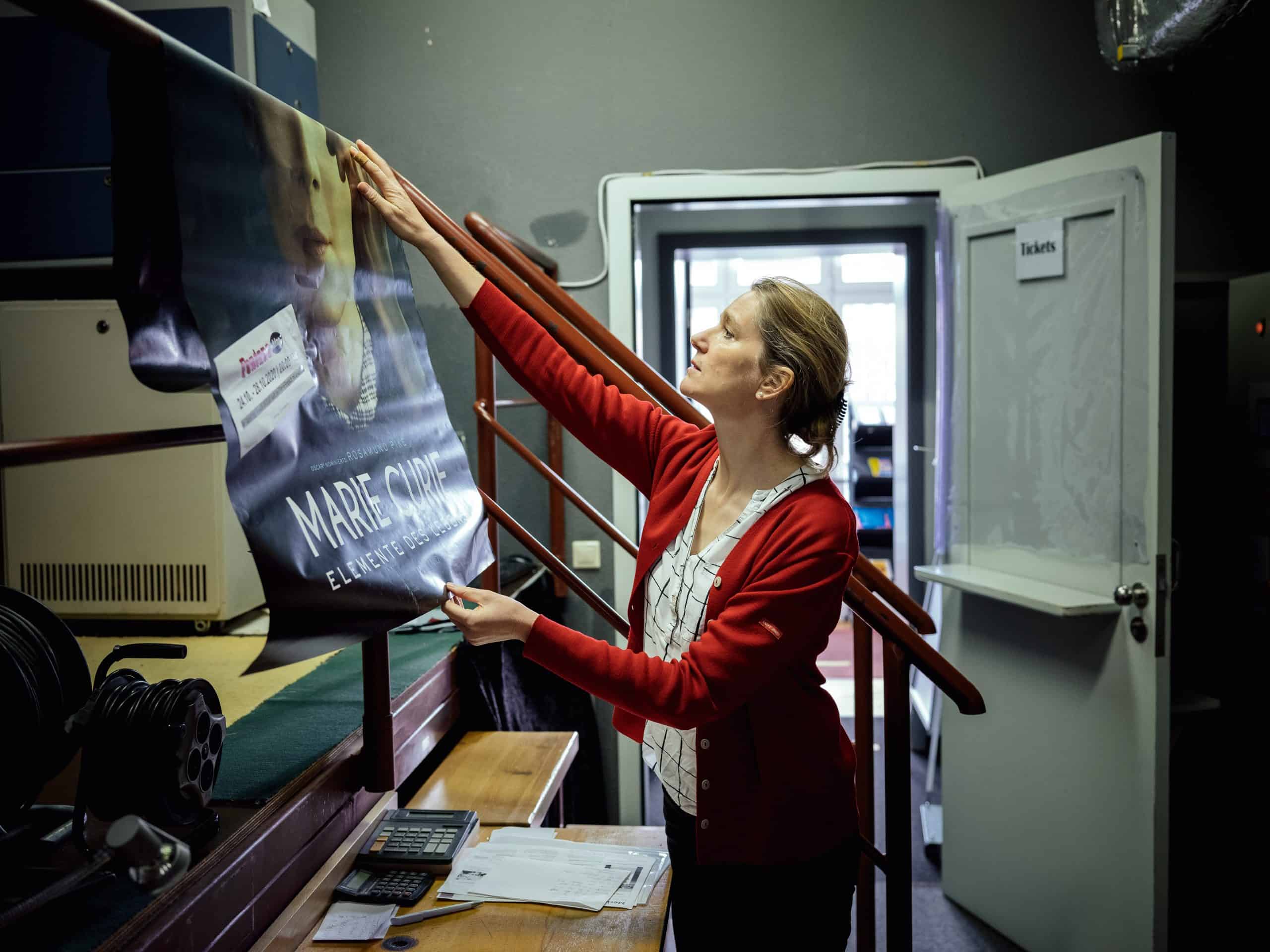Three great stories we found on the internet this week.
Good vibrations
“Access to energy is a human right. We cannot function in an energy-less society.”
Those were Jeremiah Thoronka’s thoughts as he looked back on his childhood in war-torn Sierra Leone. Even today, only six percent of rural residents in Sierra Leone have access to electricity, relying instead on expensive batteries or kerosene.
View this post on Instagram
So, when he was 17, Thoronka founded Optim Energy, a startup that harnesses the kinetic energy of objects in motion and converts it into emissions-free electricity. The device he developed can be installed underneath busy roads, where it generates electrical currents from the vibrations of cars and even pedestrians. So far, Optim’s pilot programs have proven to be successful. In Kuntoluh, the area where Thoronka lives, the startup has provided free, clean energy to 150 households and 15 schools with over 9,000 students.
“The Sun is not always shining, water is drying up, fossil fuels are not always going to be used,” Thoronka told the BBC, “but people are always moving.”
Talk it out
Tenants facing eviction in U.S. housing courts often don’t have an attorney. In Cleveland, Ohio, for instance, only two percent had representation when they went before a judge — until recently.
Weighed down by negative news?
Our smart, bright, weekly newsletter is the uplift you’ve been looking for.In July 2020, Cleveland implemented its Right to Counsel (RTC) program, which gives tenants free access to a housing attorney during eviction proceedings. This assistance can be pivotal: studies show that judges are less likely to evict tenants when they have representation, and stopping an eviction can prevent a cascade of health, financial and other problems. What’s more, giving tenants an attorney just makes the whole system run more smoothly. In one instance, a landlord was evicting a tenant because he thought the tenant was receiving rental assistance but still not paying his rent. The tenant’s RTC attorney discovered that, in fact, the tenant hadn’t actually received the subsidies, and the eviction was avoided.
RTC has led to a tenfold increase in the number of tenants with representation in Cleveland’s housing courts. It has also been paired with a rental assistance program, which means that when eviction cases do end up before a judge, the system is oriented toward getting the renter the aid they need to keep them in their home. The result? About 93 percent of RTC clients have avoided being displaced.
The old college try
As U.S. lawmakers prepare to debate a budget bill that could make community college free, some of these schools are getting ahead of the game already.
Community colleges received a deluge of aid from the government’s pandemic relief packages, and many of them are using this money to wipe out student debt. Last month, for instance, El Paso Community College in Texas cleared $3 million in student debt for 3,700 students using CARES Act funding. And Connecticut State Colleges and Universities, a network of 17 campuses, announced it will forgive $17 million in loans for students whose ability to pay was affected by the pandemic. Many four-year colleges have also used relief money to cancel student debt, including Delaware State University, South Carolina State University, and all Historically Black Colleges and Universities.
Enrollment at community colleges fell during Covid, and administrators hope the debt forgiveness schemes will encourage more students to enroll. “By erasing past-due tuition,” said the president of Bergen Community College in New Jersey, “students can return…to continue their path to a degree without debt hanging over their heads.”










